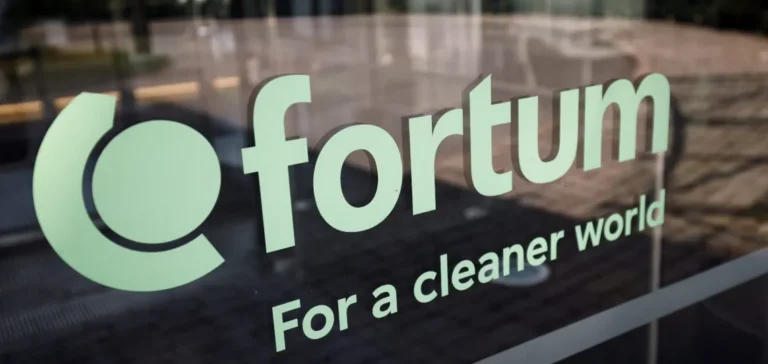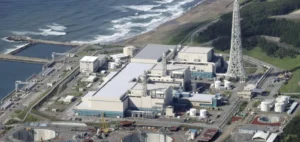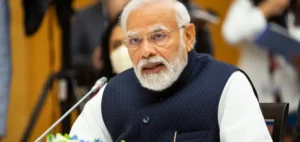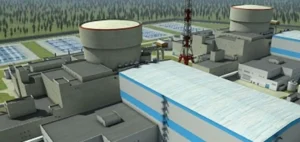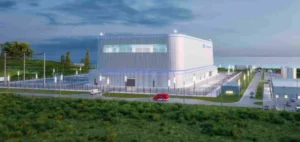The legal battle between the Russian group Rosatom and Finnish companies Fortum and Outokumpu has reached a significant new judicial turning point. Originally scheduled for June, the hearing before the Moscow Arbitration Court has been postponed until March 16, 2026, according to official court documents. The dispute involves a substantial sum of 227.8 billion rubles, approximately USD 2.9 billion. Rosatom is demanding compensation following the termination of the EPC (Engineering, Procurement and Construction) contract signed in 2013 for the construction of Finland’s Hanhikivi-1 nuclear power plant.
Origins of the Conflict
The construction project of the Hanhikivi-1 nuclear plant, estimated at between EUR 6.5 and 7 billion, was canceled in May 2022 by the Finnish parties, citing persistent delays and geopolitical risks heightened by the international context. The cancellation occurred shortly after the outbreak of the conflict in Ukraine, adding a sensitive geopolitical dimension to the case. Since then, Rosatom has accused Finnish companies of breaching contractual and shareholder agreements, resulting in significant financial losses.
Outokumpu, a Finnish steel industry specialist, has maintained that it was never directly involved in the construction contract, thus denying any contractual responsibility towards Rosatom. Meanwhile, Fortum, a leading Finnish energy company, argues that a previous ruling by the International Court of Arbitration has already excluded its liability in this matter—a stance it intends to uphold throughout future judicial proceedings.
Major Financial and Legal Stakes
The financial stakes in this dispute are considerable. Rosatom is seeking nearly USD 3 billion as compensation for damages incurred from the contract’s cancellation. Conversely, Fortum and other parties associated with the project, notably Fennovoima, are attempting to recover approximately EUR 1.7 billion already invested before construction was halted. This complex legal battle extends beyond Russian borders, involving multiple international arbitration bodies, notably the International Chamber of Commerce (ICC).
The postponement of the hearing could have significant implications, substantially delaying the judicial process in Russia while potentially impacting the schedule of international arbitrations. The Moscow Arbitration Court did not specify the exact reasons for the delay, but this additional period may allow all parties to further refine their legal and financial arguments given the complexity and magnitude of the case.
Potential Sectoral Implications
Beyond legal considerations, the outcome of this case could influence future commercial and energy relations between Russia and European countries, especially in the nuclear sector. The international energy sector will closely follow developments in this dispute, which could set legal and contractual precedents for major international nuclear projects. Additionally, this conflict could indirectly impact national energy policies, particularly regarding international partnerships and the management of geopolitical risks in large-scale energy investments.
The prolonged judicial process might prompt industry observers and stakeholders to reassess terms and conditions in future major contracts, especially within an uncertain and shifting international context.


